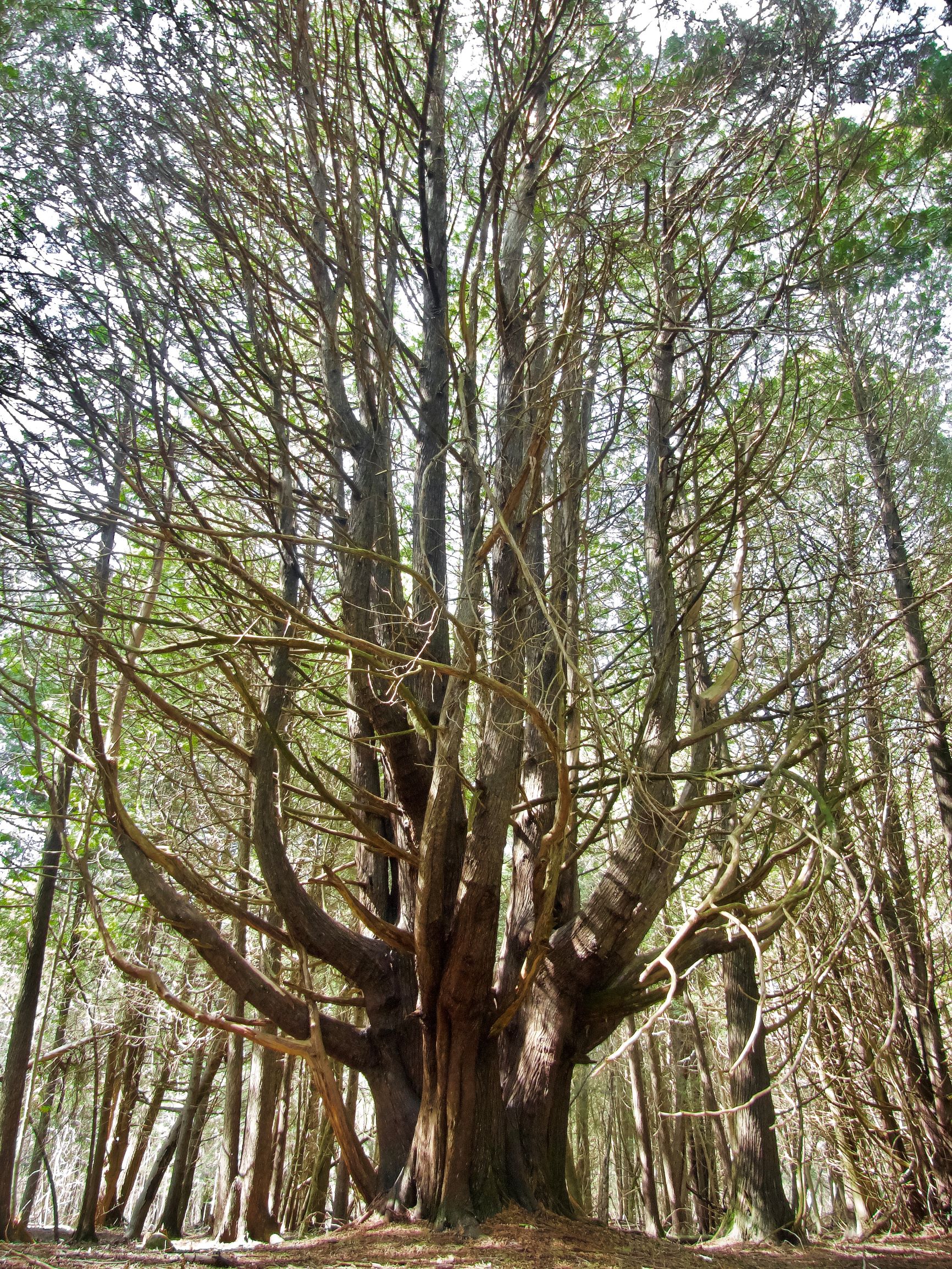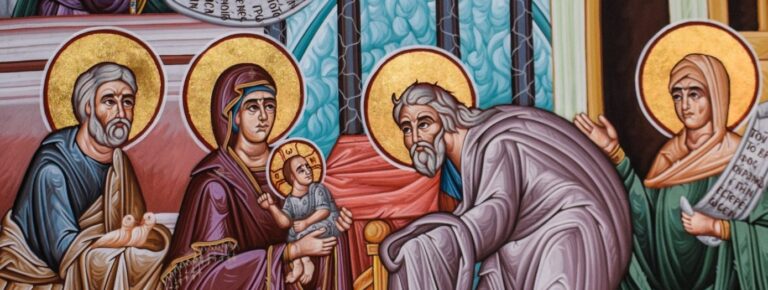
TRINITY SUNDAY
Have you seen My Octopus Teacher? Last month it won an Academy Award for best documentary of 2020. Simple, heart-felt, straight-forward, it charts the year-long friendship that develops between the film-maker and a small octopus off the coast of South Africa.
Two colliding external factors, I believe, contributed to the success of this movie. First, the chronic alienation from nature that the human species suffers on an ever-increasing level. Second, the recognition of this alienation, and, in part, it’s slight amelioration due to the current pandemic. City parks, backyards, conservation areas, urban trees and house plants have taken on greater significance in our recent socially distanced lives. Grown women and men are gushing over songbirds and flowers like I’ve rarely heard before.
This bodes better for our mental and physical health, as research has amply proven the most common of sense that spending appreciative, reflective time in natural areas is good for mind and body. But no less so for the soul. The pandemic reminder to stop and say hello to our non-human neighbours has spiritual significance.
St. Patrick made a catechism class out of a three leaf clover. For him it physically symbolized the Trinity. Here, in southern Ontario, the spring trilliums, now fading away again until next year, could also serve as a stunning Trinitarian symbol. Not far from my home at the Ignatius Jesuit Centre there grows a venerable, tripartite cedar tree whom I call “Trinity.” Frequently, I make the little pilgrimage to it in order to speak to Father, Son and Holy Spirit.
Any and all of these and other three-limbed creatures can teach us of the nature of God. But so can the eight-limbed octopus. For the point is less the count than the connection. Trinitarian theology understands God as essentially relational, that is, more of a community than an individual. A single, absolute, self-sufficient entity would have difficulties loving, because nothing but its own self would exist. Add plurality into that divinity, and all of a sudden you have a place for love to go and space for love to grow.
The Trinity is about being more alive, complete and abundant together.
So when the suffering human and the smart octopus start befriending each other, they are experiencing the life of the Trinity, which is friendship. Of course, words remain pale and partial tokens of the real thing. Friendship can mean all kinds of things. But ultimately, it indicates whatever Jesus was pointing to when he said that no greater love exists than to lay down your life for your friends.
Friendship, I’ve come to believe, is the deepest bond of unity between beings. It is the “structure” of the Triune God and the source of all creation. Consequently, when we make friends, with our peers, later with our elders, finally with our parents and throughout with clover, trilliums, cedars, octopi, trout, swallows, turtles and so on, we are getting to know the nature of God. That’s why friendship is so universal, important and enduring.
The Incarnation itself is proof of this. Who of us mortals can relate to omnipotence? It would fry our eyes to look on it. But a human to befriend us, to teach us the grace of friendship and to extend it to all creatures, that is a down-to-Earth, generous God. Don’t forget the Spirit of unity and comprehension that allows us to hear each other’s experience and respond in kind. That “Advocate” is the force of friendship.
If you want to catch a glimpse of the Trinity today, try watching My Octopus Teacher. Or even better, go hug a tree.
Trinity Tree
My Octopus Teacher just won an Oscar.
It’s a simple film, low-budget,
starring friendship
and a forest of enchanted kelp.
When she throws her many arms around him
it proves again, you know, Horatio,
there’s plenty more in heaven and the surf
than is dreamt of in your philosophy.
Same thing with my Trinity Tree;
it’s just that we lack cameras and plots
and the drama of pajama sharks.
But I go to her as often as I can,
and she teaches me most tenderly
the curious nature of divinity.
Greg Kennedy SJ is a Jesuit priest working as a spiritual director at the Ignatius Jesuit Centre in Guelph, Ontario. His prayer often takes the form of poetry. Care of creation is central to his vocation. His recent publications include Reupholstered Psalms: Ancient Songs Sung New and Amazing Friendships Between Animals and Saints.



